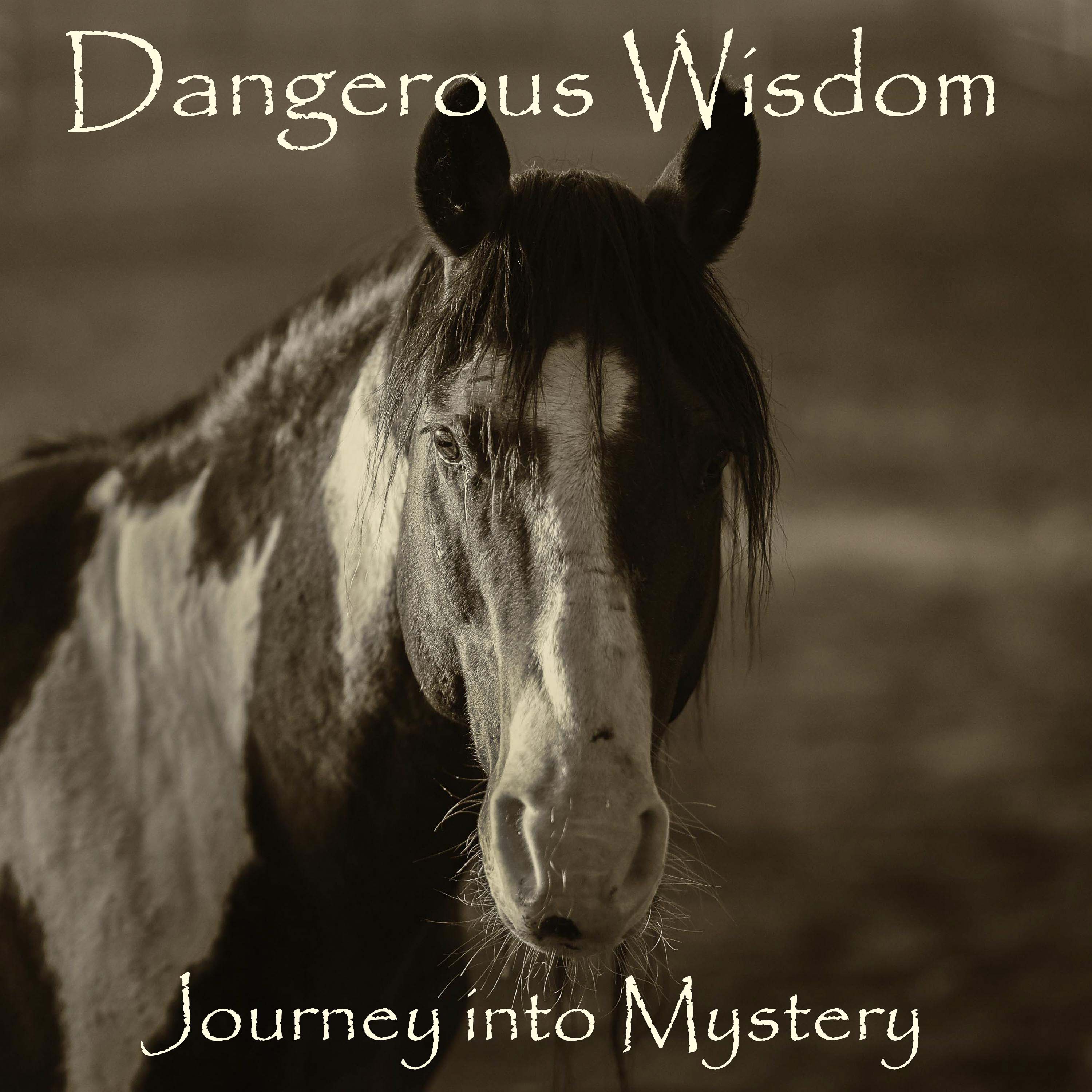Healing Self and World Through Sleep and Dream: Dialogue with Rubin Naiman
Description
If you struggle with getting enough sleep, you aren't alone. Keep in mind: six hours or less per night on an ongoing basis seems about as bad as getting zero for two days straight.
As much as 41% of adults in the U.S. report short sleep, and as much as 84% of high school students report short sleep. Worse yet, 50-70 million U.S. citizens (perhaps more) qualify for a formal diagnosis of sleep disorder, ranging from insomnia to sleep apnea.
All of this should create a sense of urgent compassion for ourselves, each other, and the world. That has to do in part with the many mental and physical ailments connected with sleep disruption. Not getting enough quality sleep AND dream seems to go together with a concerning list of illnesses, including cognitive decline.
Moreover, a lack of quality sleep and dream can limit our skill and our potential in life, leaving us less capable to take skillful, creative, wise, compassionate, and beautiful action in our lives, on behalf of our own wellbeing and also on behalf of the whole community of life. Sleep and dream go fully together with our life and our world, and the problems we see in our own life and world thus go together with the crisis of sleep and dream we now face.
The present dialogue goes together with the dialogue with psychologist and dream tender Dr. Leslie Ellis, released as Episode 44. If you missed that one, I encourage you to check it out.
In the present episode, Dr. Rubin Naiman joins us to contemplate the dangerous wisdom of sleep and dreams, reflecting on some of the things we need to begin to open to and keep in mind if we want to allow the power of sleep and dreams help us to heal self and world at the same time.
But the episode begins with some reflections on Hermes from your friendly neighborhood soul doctor. Hermes is, after all, a guide of souls, a lord of dreams, and a magician with the capacity to carry lead us into the realm of sleep and dream. Then we move into a delightful dialogue that I think you will enjoy. You can find Rubin's bio and contact info below.
Rubin Naiman, PhD, FAASM, is a psychologist, author, Fellow in the American Academy of Sleep Medicine and clinical assistant professor of medicine at the University of Arizona’s Andrew Weil Center for Integrative Medicine where he has taught seminars on sleep and dreams to physicians for twenty-five years. Rubin pioneered the development of integrative approaches to sleep and dreams, integrating scientific with depth psychological, transpersonal, and spiritual perspectives. He has taught and consulted about sleep and dream matters in a dozen countries around the globe.
Over the years, his work has included training doctoral psychology students, dreamwork with hospice patients and survivors, and establishing and directing sleep and dream health programs for Canyon Ranch and Miraval Resorts. Rubin has also served as a creativity consultant for the entertainment industry, which included travel with a world-renowned rock band for two years.
Rubin is the author of numerous consumer and professional works on sleep and dreams including Healing Night: The Science and Spirit of Sleeping, Dreaming and Awakening, Hush: A Book of Bedtime Contemplations, Healthy Sleep, an audio program co-authored with Andrew Weil.
More recently, he published a seminal paper in the Annals of the New York Academy of Sciences entitled, Dreamless: The Silent Epidemic of REM Sleep Loss as well as Oxford University Press Medical text chapters entitled, Dream Medicine and The Future of Sleep Medicine.
In his spare time, Rubin is an avid hiker and amateur photographer. He has about seven grand kids and believes that children and dogs offer the greatest hope for the betterment of our planet.
Rubin Naiman, PhD, FAASM
Director, NewMoon Sleep, LLC
Clinical Assistant Professor of Medicine
Andrew Weil Center for Integrative...
More Episodes
Is trauma real? In what sense? These questions don't in any way deny the real suffering of people diagnosed with trauma. Instead, they ask how we might take a broader and deeper look at trauma, in order to heal and transcend it. How can we do better in reducing the emergence of traumatizing...
Published 10/31/24
Published 10/31/24
The dominant cultural worldview is based upon extraction and exploitation practices that have brought us to the precipice of social, environmental, and climate collapse. Braiding poetic storytelling, climate justice and deep cultural analyses, and the collective knowledge of Earth-centered...
Published 07/24/24


